|
New
Releases |
February 13, 2026



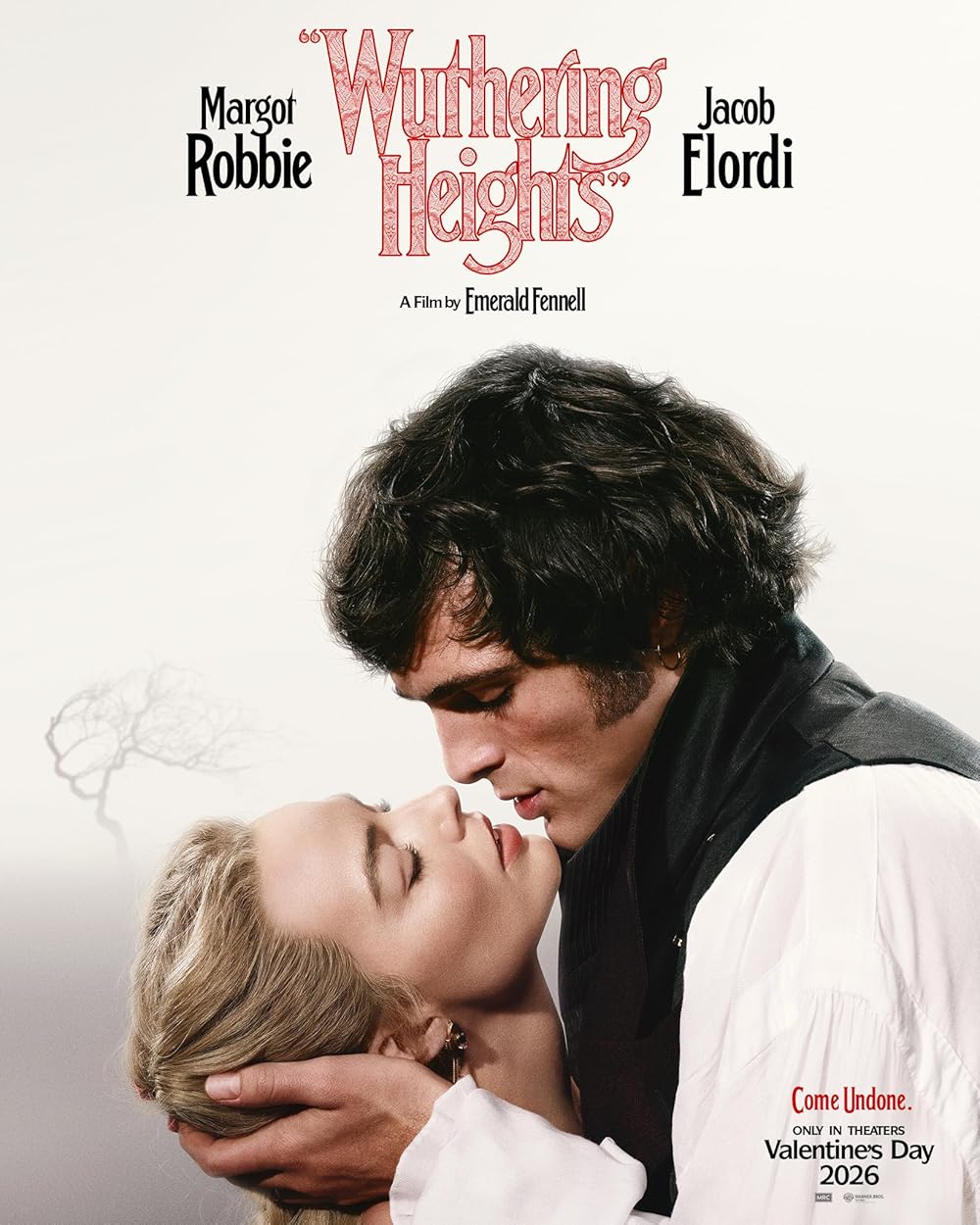 |
January 30, 2026
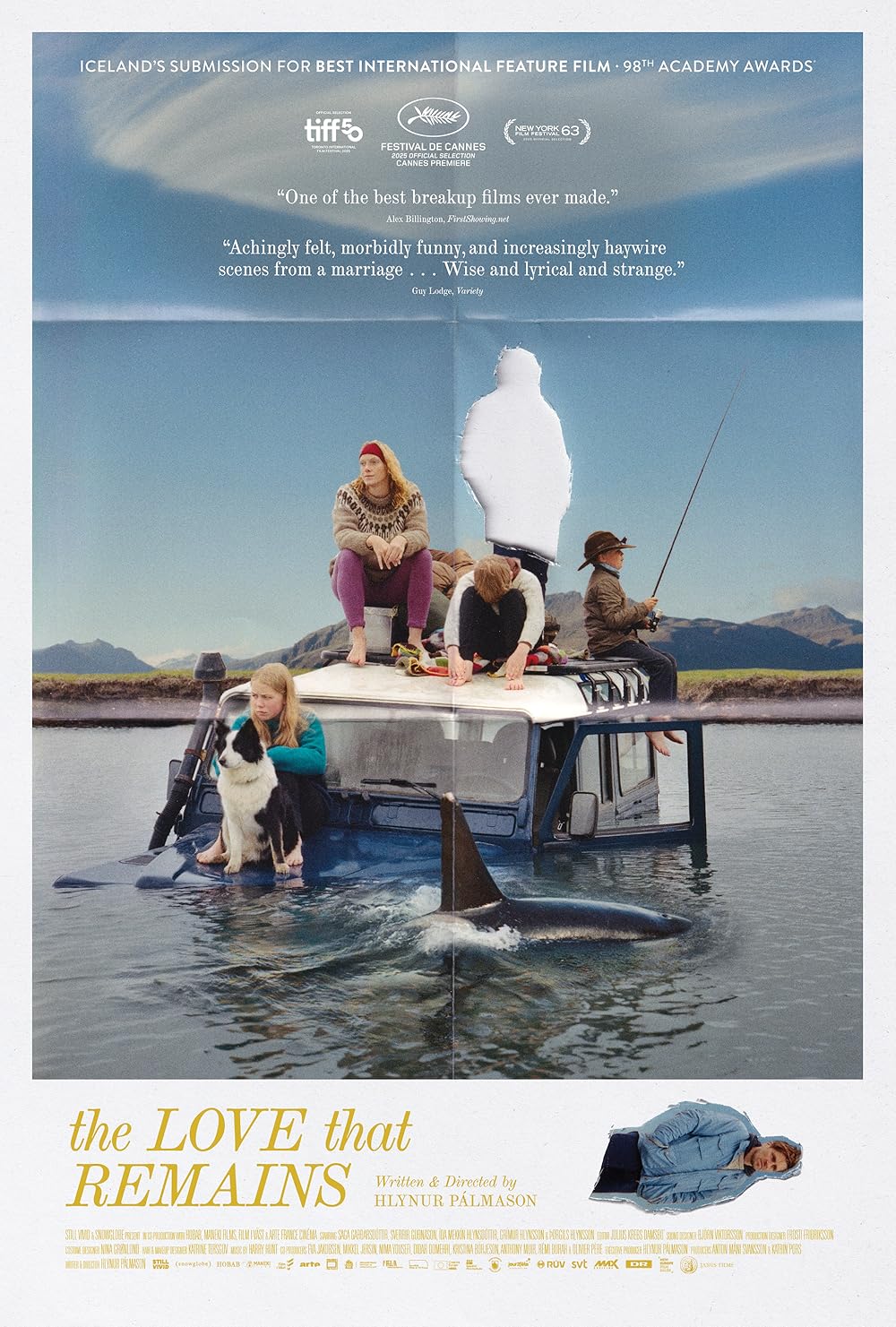


 |
January 16, 2026

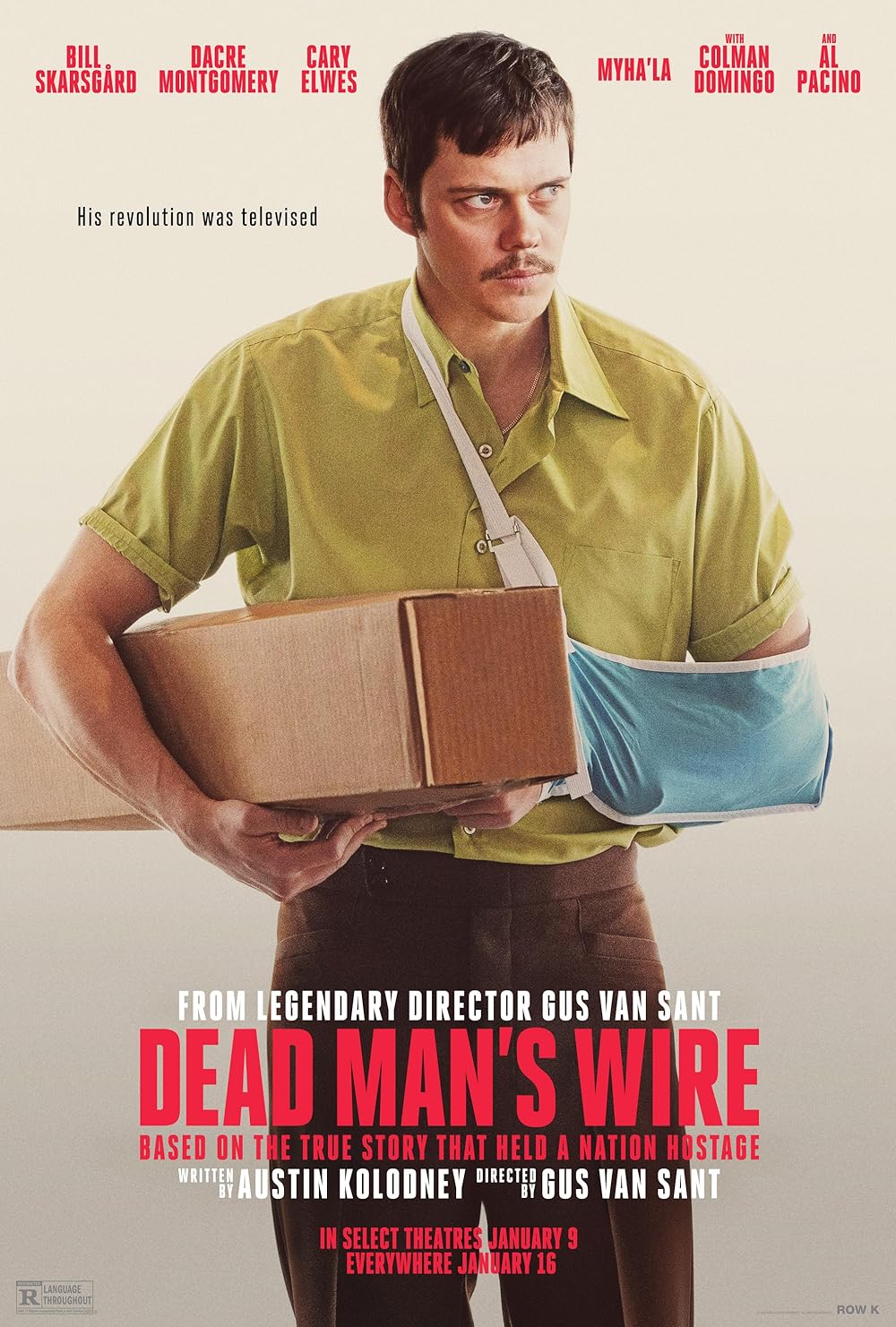
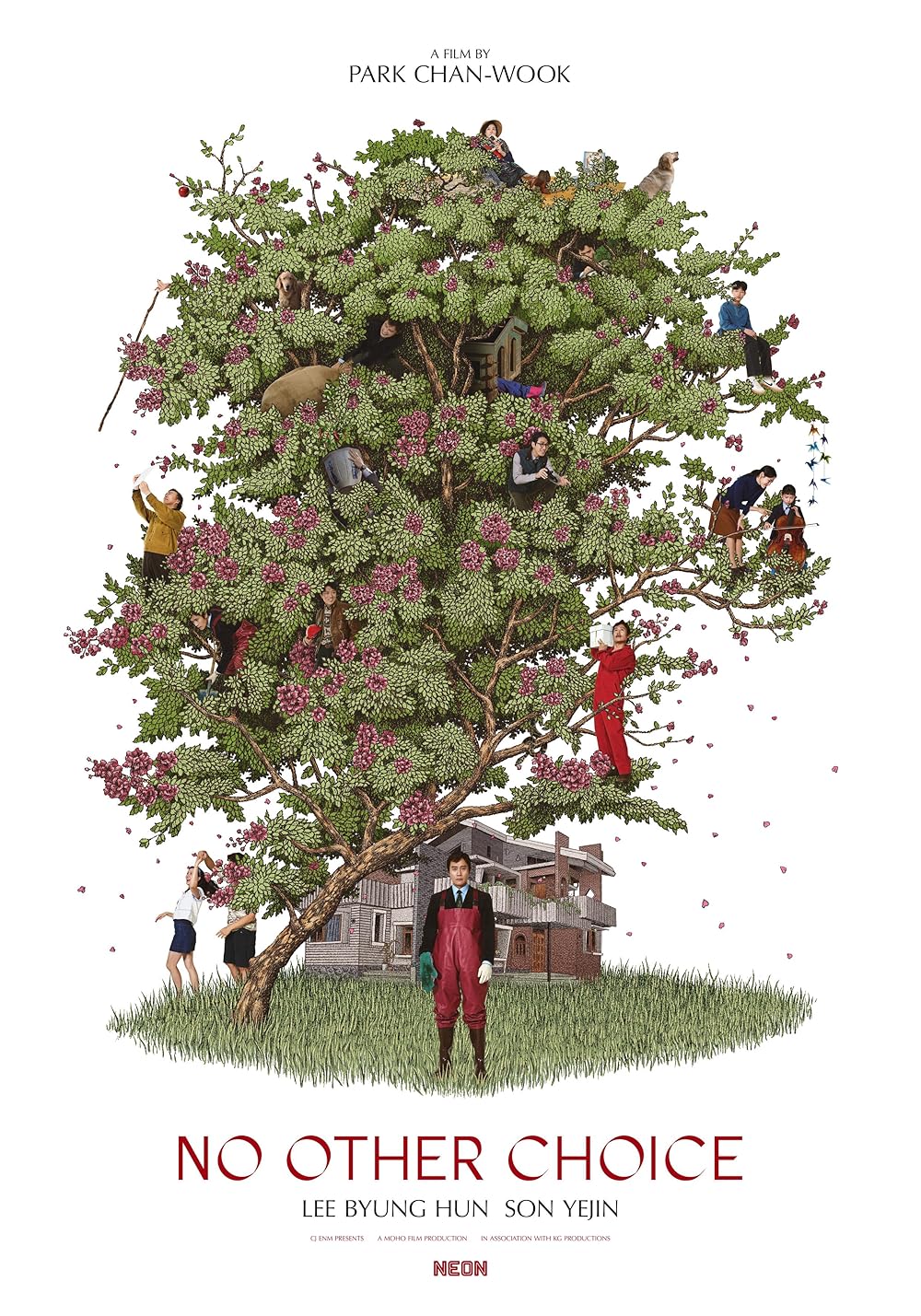
 |
January 9, 2026
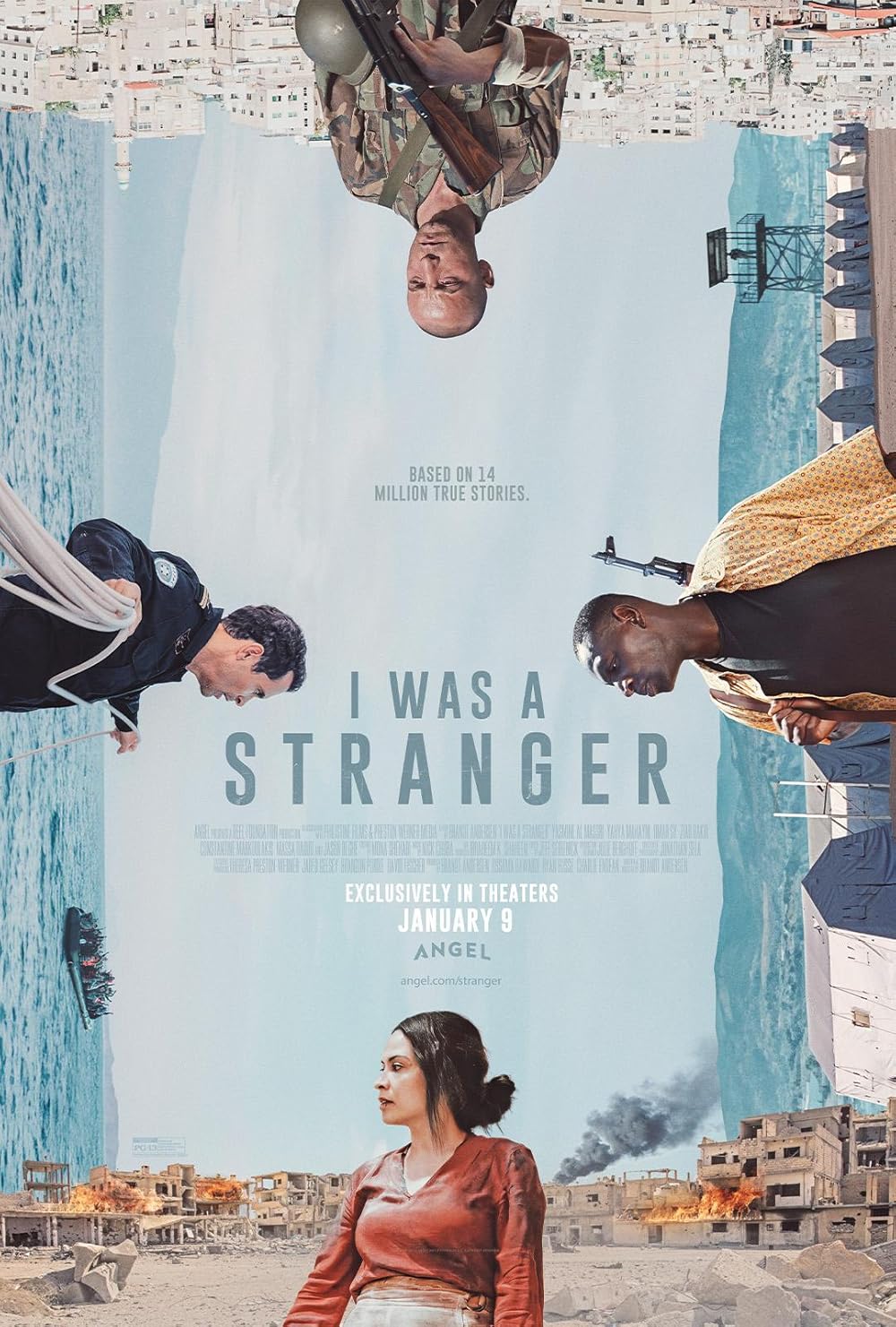
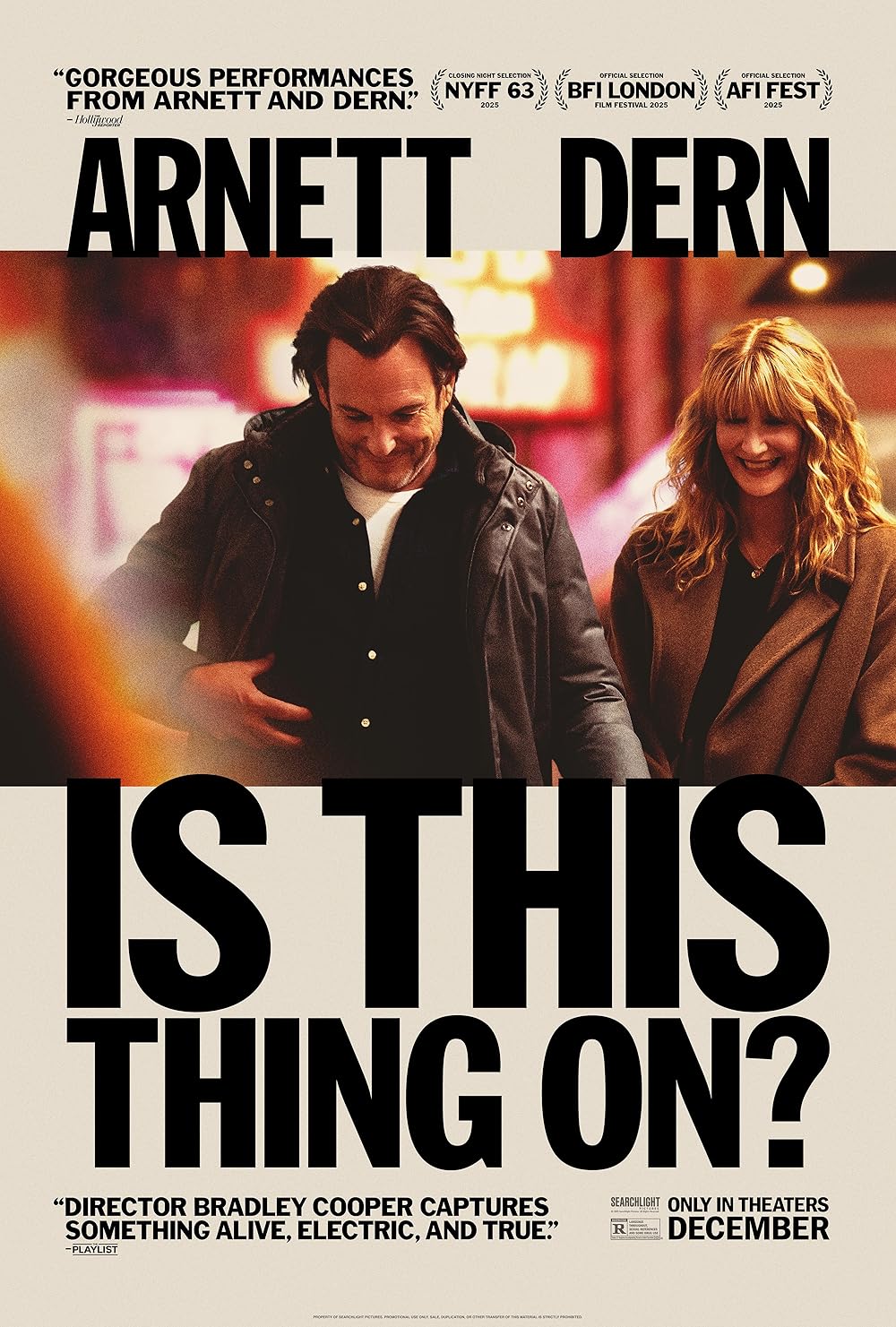 |
January 2, 2026
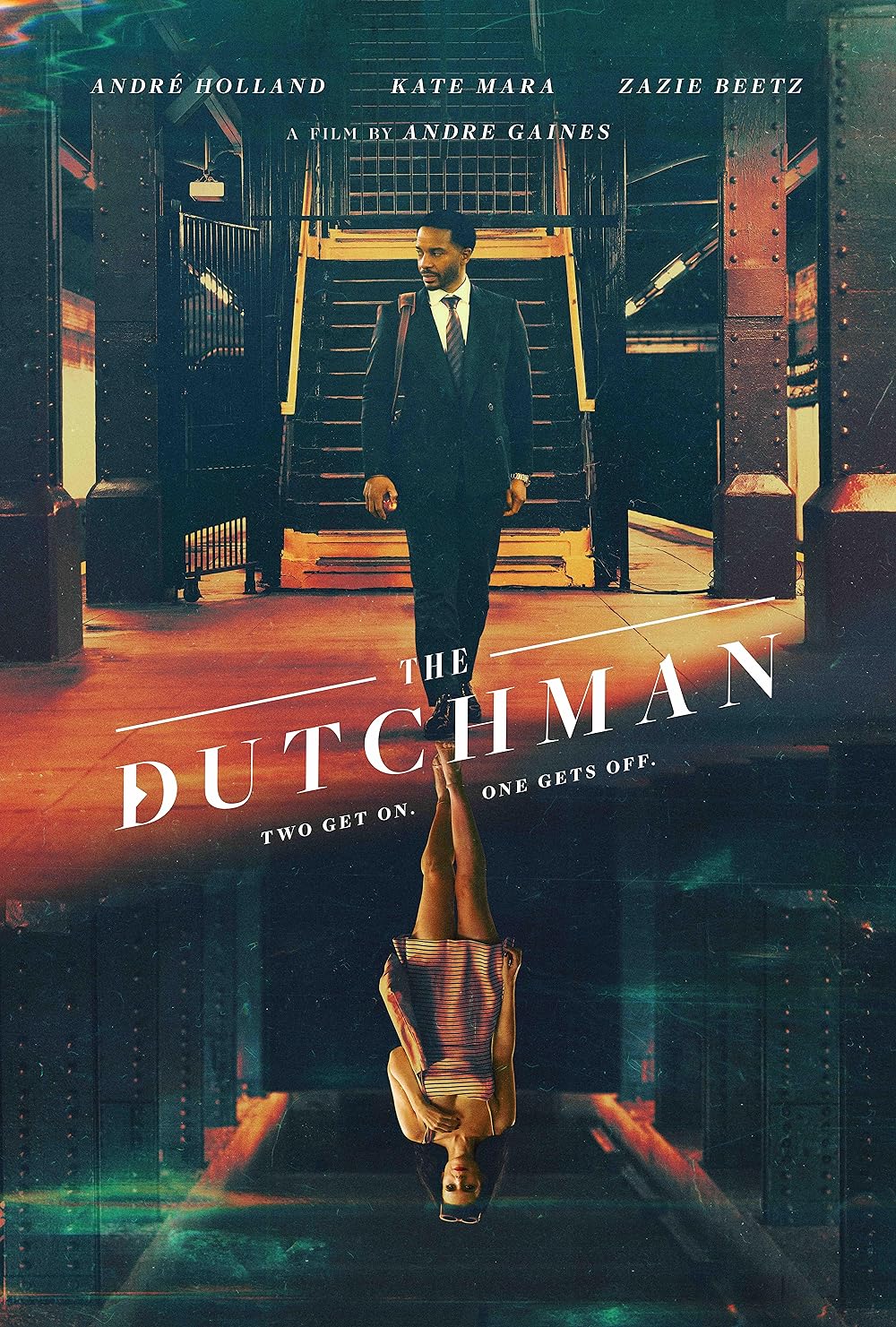
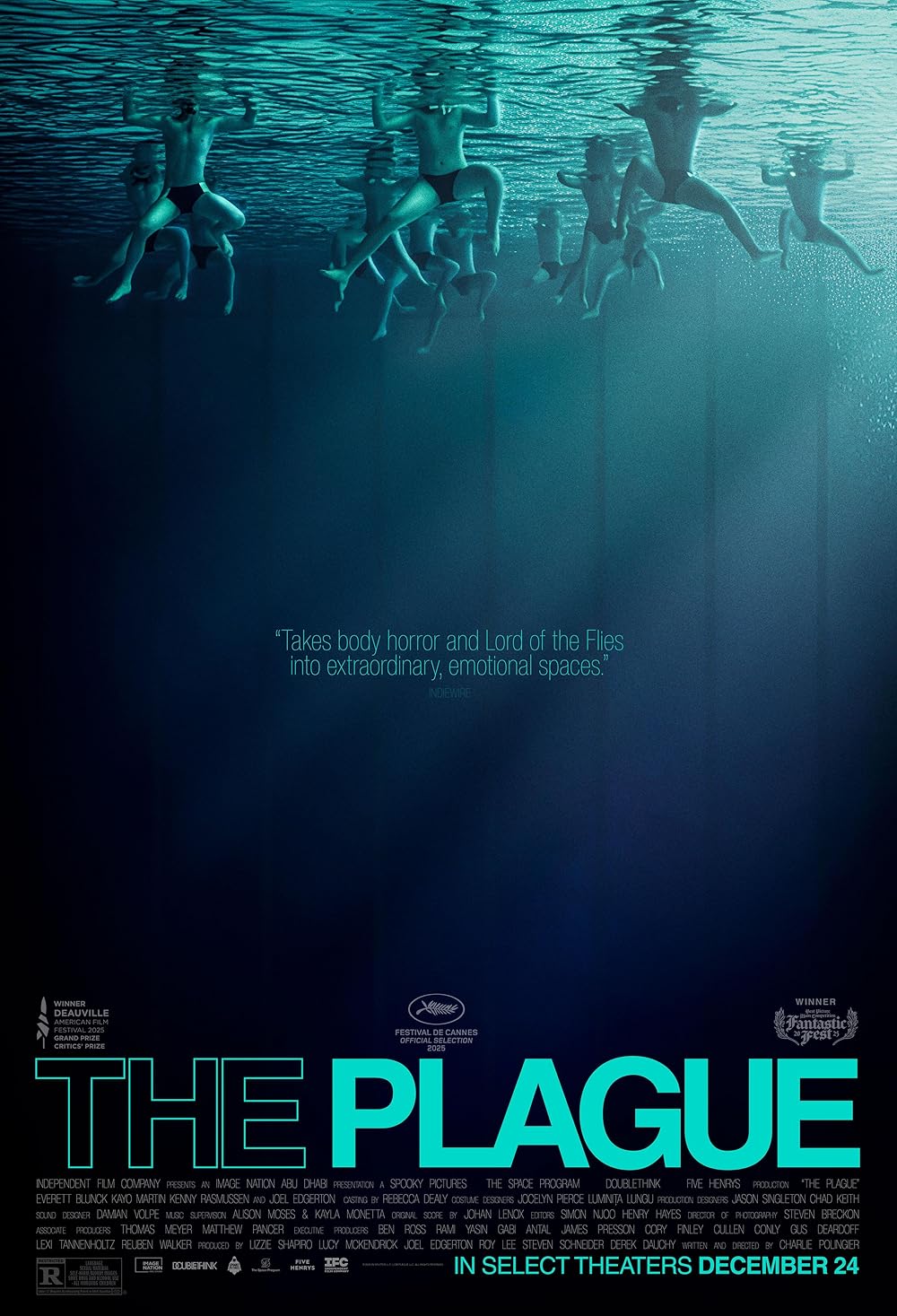
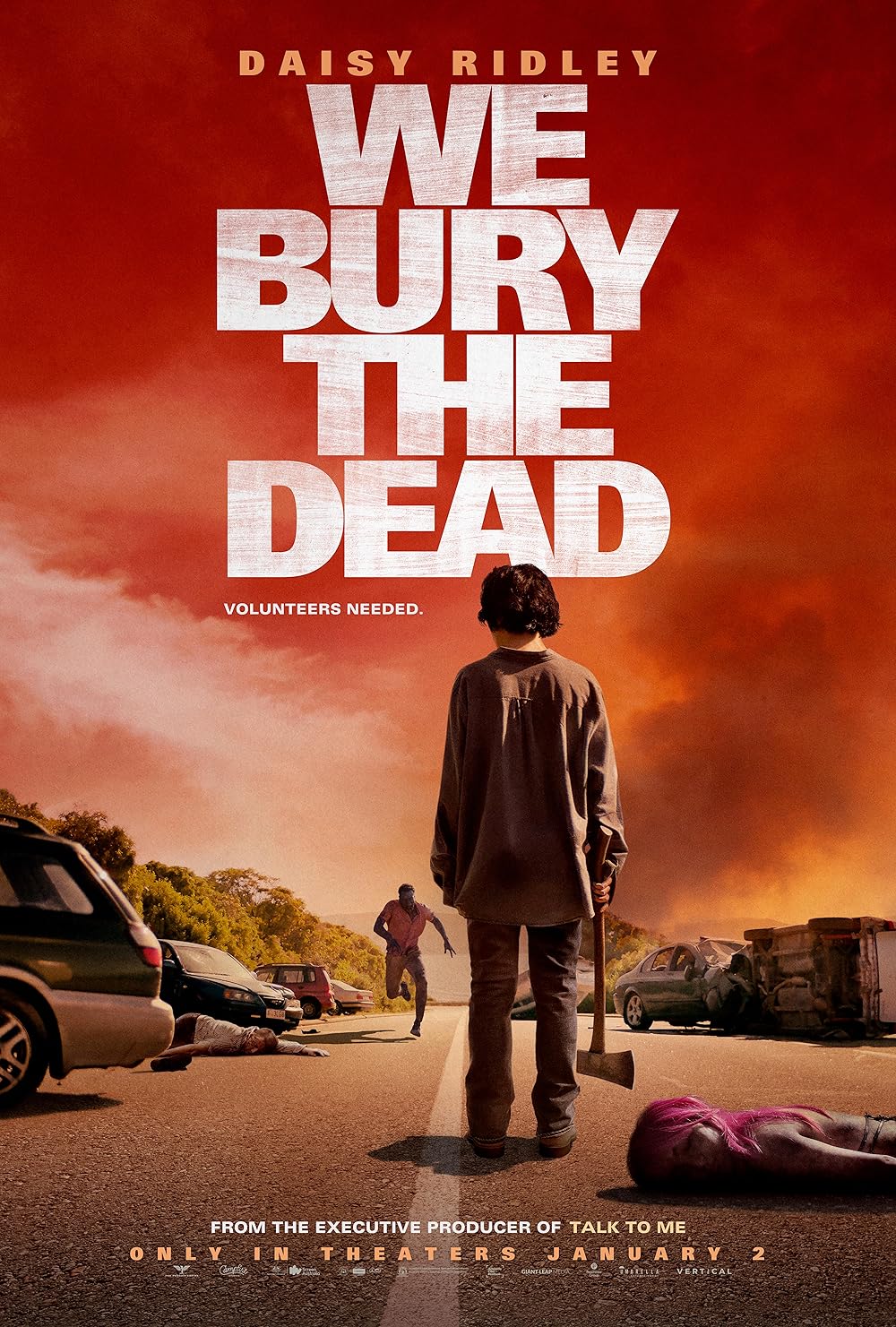 |
December 26, 2025

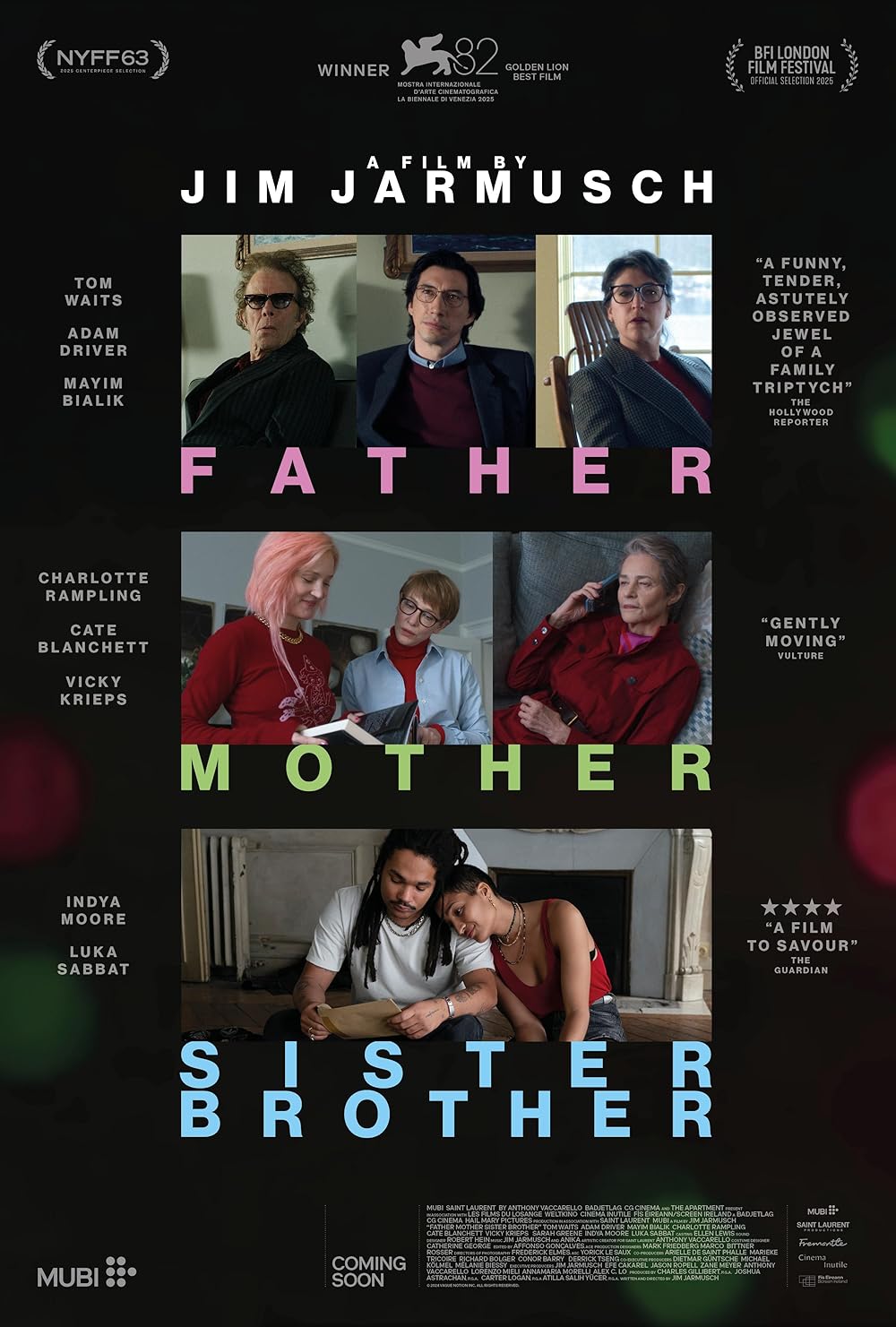
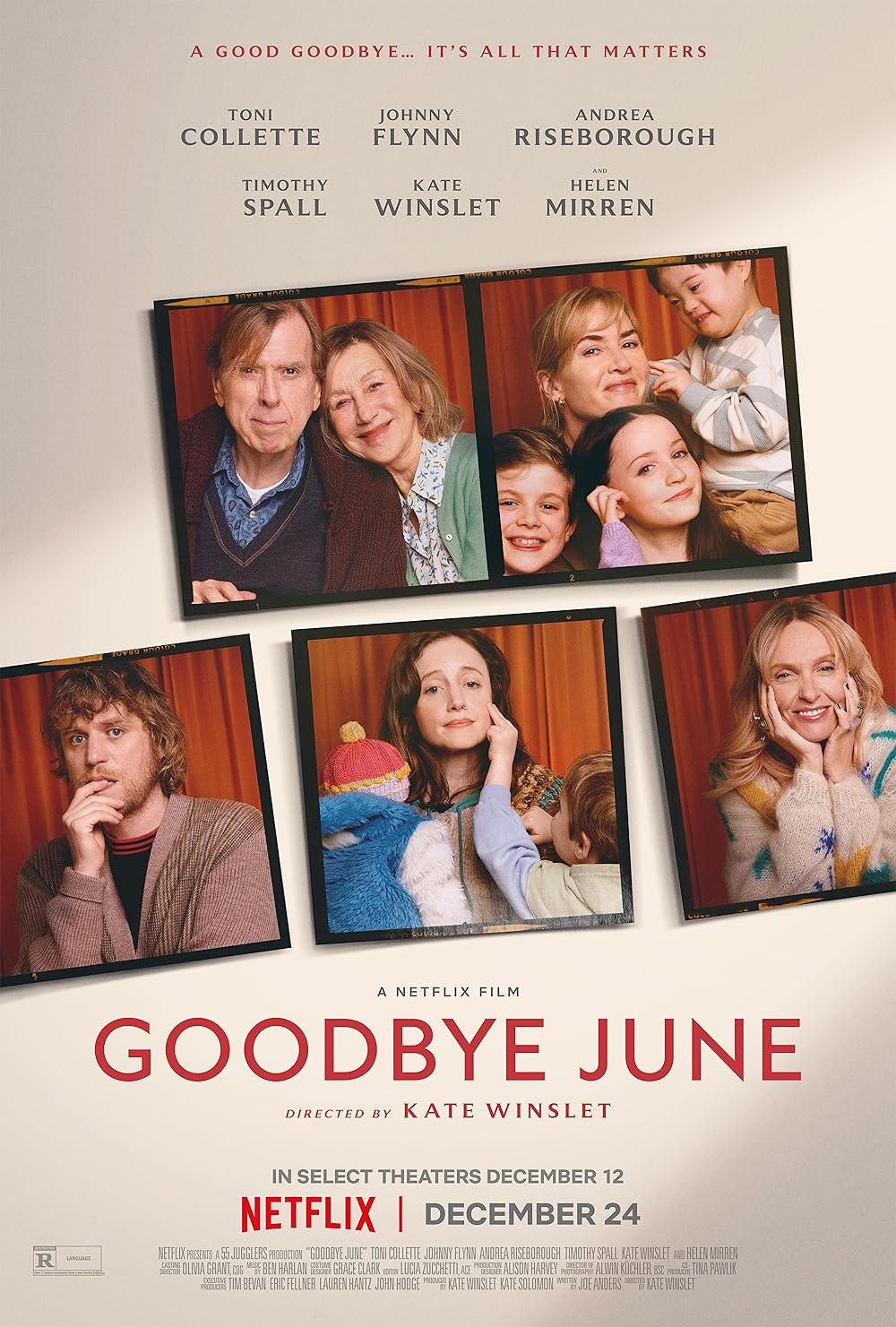
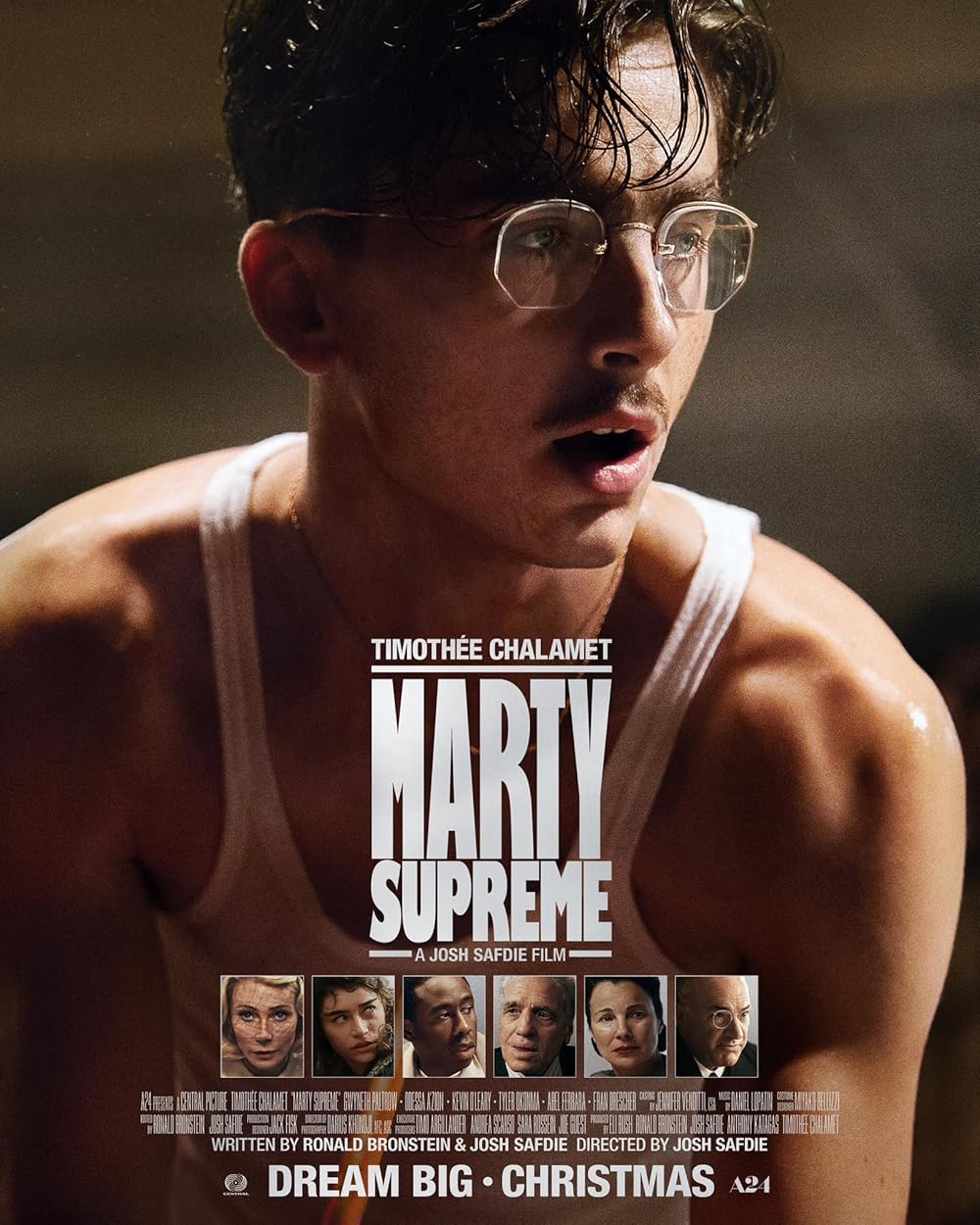

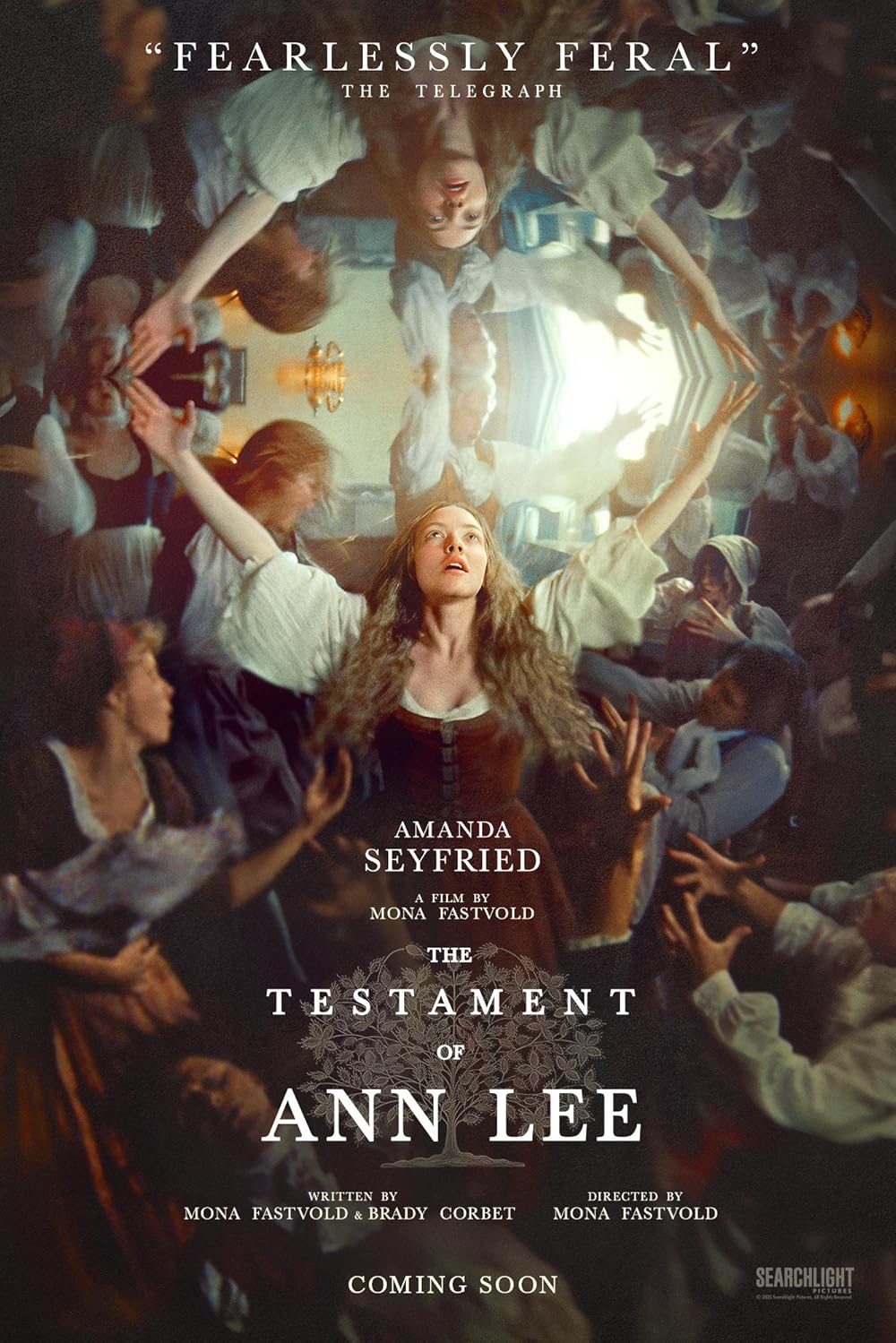 |
December 19, 2025

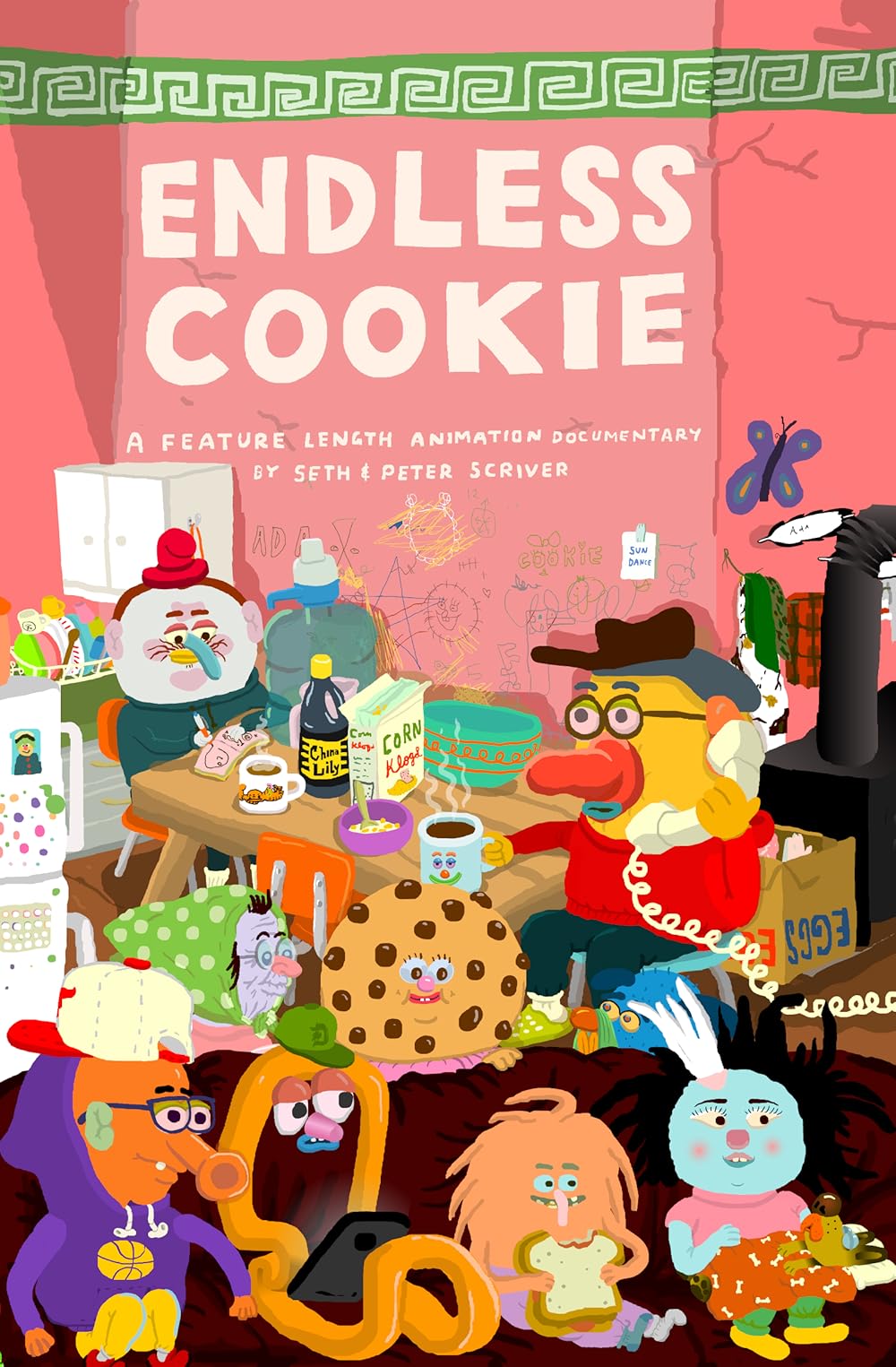
 |
|
|
|
Au Revoir les Enfants
(1987)
Directed by
Louis Malle
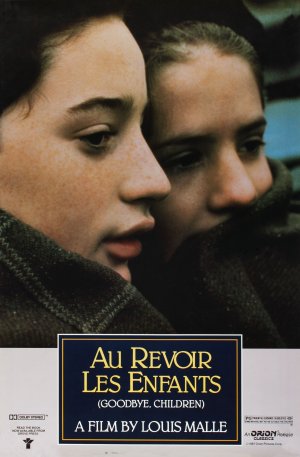
Review by
Zach Saltz
Louis Malle’s
Au Revoir les
Enfants (1987) is the retelling of an actual incident in the
director’s life.
It is a
film of supreme suffering and guilt, a testimony to the deep secrets
that lie in us unresolved for the bulk of our lives.
It is a tragedy on two levels -- that an incident of such bleak
sadness should ever occur in the first place, and that it should be
hidden from the rest of the world, its ferocity eating up our conscience
inside.
The film also has moments of such happiness and childhood awe that it’s
a wonder how Malle can pull it off -- offering, in stark, simple scenes,
a film that perhaps says something deeper about the elocution of life
than anything else I’ve ever seen.
By the end of the movie, I could do nothing but stare at the
empty screen in front of me.
The movie has an uncanny ability to haunt and reside inside of you for a
long time after you’ve seen it, just like it most certainly has for
Malle.
It’s unforgettable,
and my Exhibit A when I argue to people how the medium of film can often
be deeply spiritual.
The year is 1944, and 12-year-old Julien Quentin (Gaspard Manesse)
attends a Catholic boarding school in Nazi-occupied France.
The school is run by priests, who are (for perhaps the first time
in movie history) not portrayed as treacherous deviants.
They are loving, trustful men who care a great deal about the
boys and have genuine compassion for the suffering that is occurring
every day as a result of Nazi occupation.
This will prove to be a very important factor in what secret is
revealed at the end of the story.
Julien is a lonely, passive child who does not like school very much.
He is a good student, but finds his classmates immature and
uninteresting.
One day, a
new boy comes to the school.
His name is Jean Bonnet.
At
first Julien is reluctant to make friends with the new child -- “Mess
with me and you’ll be sorry,” he tells him early on -- and since Jean is
more proficient at math and piano, he becomes a natural enemy.
But the two boys soon realize they have more in common than they
initially realize, except for Jean’s mysterious past, which remains
hidden for most of the movie.
But that does not prohibit their friendship in any discernable
way.
They play the piano
together, they read the erotic (and unquestionably forbidden)
1001 Nights
together, and, in
one particularly mesmerizing sequence, they get lost in the forest
together.
This fraternal
bond is shown in dichotomous contrast to the war-ravaged and violent
adult world around them.
But tragically, almost inevitably, something terrible happens.
I will not say exactly in what circumstances it arises, but
ultimately, a single, split-second glance given by Julien at the end of
the film ends up costing the lives of four innocent people.
The burden cannot, of course, be placed on the boy because he is
still an innocent child.
But
in that momentary glance, the boy becomes an adult, but not in a way we
would ever expect or want for ourselves.
The violent adult world has finally dealt its evil and crooked
hand into the idyllic setting of schoolboy life.
Louis Malle was no stranger to controversy, as his films dealt with
everything from incest to child prostitution to expatriates in WWII
France.
He clearly was aware
of this and rather than ignore it, he chose to play tricks on his
audience to exploit their darkest expectations.
Malle employs two tricks on the audience in
Au Revoir les Enfants, both of
which should be familiar to anyone that has seen a few of his earlier
films.
The first trick
occurs when Julien wakes up in the middle of the night, and looks down
his pants in discouragement and shame.
We think this may be the first sign of his puberty, so to speak,
but Malle fools us -- rather than a telltale nocturnal emission, it
turns out that Julien has wet his bed, like a toddler.
This exemplifies how Julien is still an innocuous child at heart,
and, when contrasted with the end of the story, we end up seeing great
(and nonetheless tragic) progression.
A very similar sort of trickery was used in the opening scene of
Malle’s Pretty Baby (1978) when we are given a black screen with a woman
screaming in the background.
We think that they are screams of orgasmic joy, but instead, we are
eventually shown a woman going through the process of excruciating
childbirth.
The second trick is less technical and more laden within the context of
the story.
When Julien’s
mother comes for a visit at Easter, she takes her two sons to a nearby
restaurant, where they witness a Jewish man being harassed by local
authorities.
We assume that
these authorities are the Gestapo, but we are dead wrong -- they are
French officers exercising inordinate powers far beyond the parameters
of acceptable behavior (so far over the line that it takes a German
officer to break it up).
This is a clear homage to Malle’s earlier masterwork
Lacombe, Lucien (1974) about a
French boy who becomes a Nazi in order to exercise extreme power over
those less fortunate (a family of Parisian Jews).
Malle is saying that the adult world is a very confusing,
confounding place where the only thing you can count on is people being
corrupt.
In writing
this, I realize now that I’ve alluded quite a bit to the adult world
being evil and the child world being altruistic and beautiful, a
classical French motif of Rousseauian sensibility.
This is a central concept of so many great French movies about
childhood -- Truffaut’s
400 Blows,
Clement’s
Jeux Interdits, and
even Malle’s earlier work (specifically
La Souffle au Coeur and
Lacombe, Lucien).
The message of American films about childhood is that the growth
of a child into the adult world is vital and always shown as positive.
This is not true in French films, which choose instead to
accentuate the awkward pains of childhood only getting worse in
adulthood (see Truffaut’s Antoine Doinel series).
Au Revoir les Enfants
is not about one life, but shows three separate but awfully similar
growths -- those of Julian, the protagonist, Louis Malle, the director,
and perhaps the nation of France as a whole, from the dark
days of World War II.
The
question is whether any of these lives have transcended tragic French
adult prison sentence of banal sadness; we can only hope that they have.
Rating:

# 41 on Top 100
# 1 of 1987
|
|
New
Reviews |
2023 PINOT BEST PICTURE
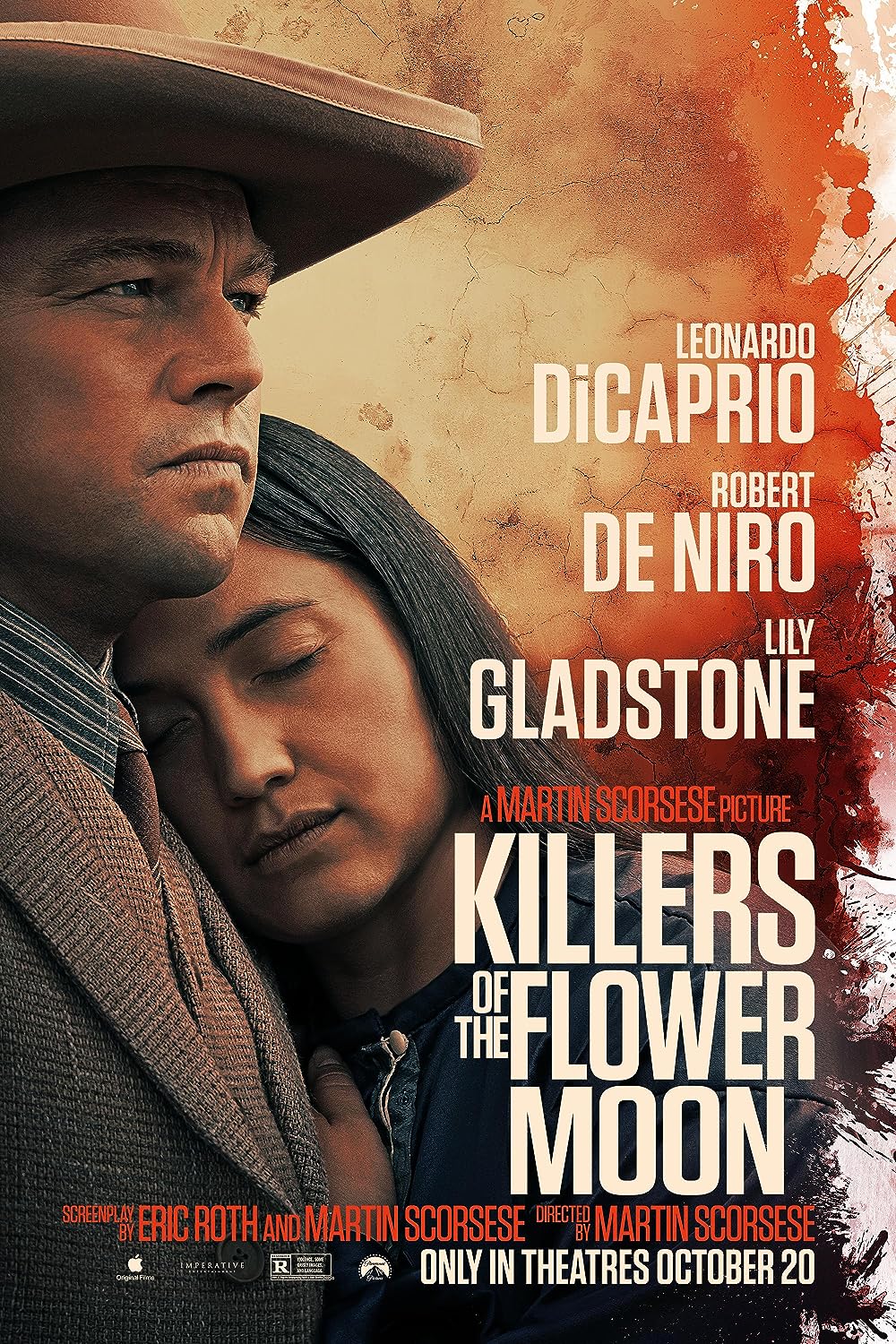
PODCAST DEEP DIVE |

Podcast Featured Review |

Podcast Featured Review |
Todd #4 Most Anticipated

Podcast Review - Todd |

Podcast Review - Adam |

Podcast Review - Zach |
Top 10 Blindspot
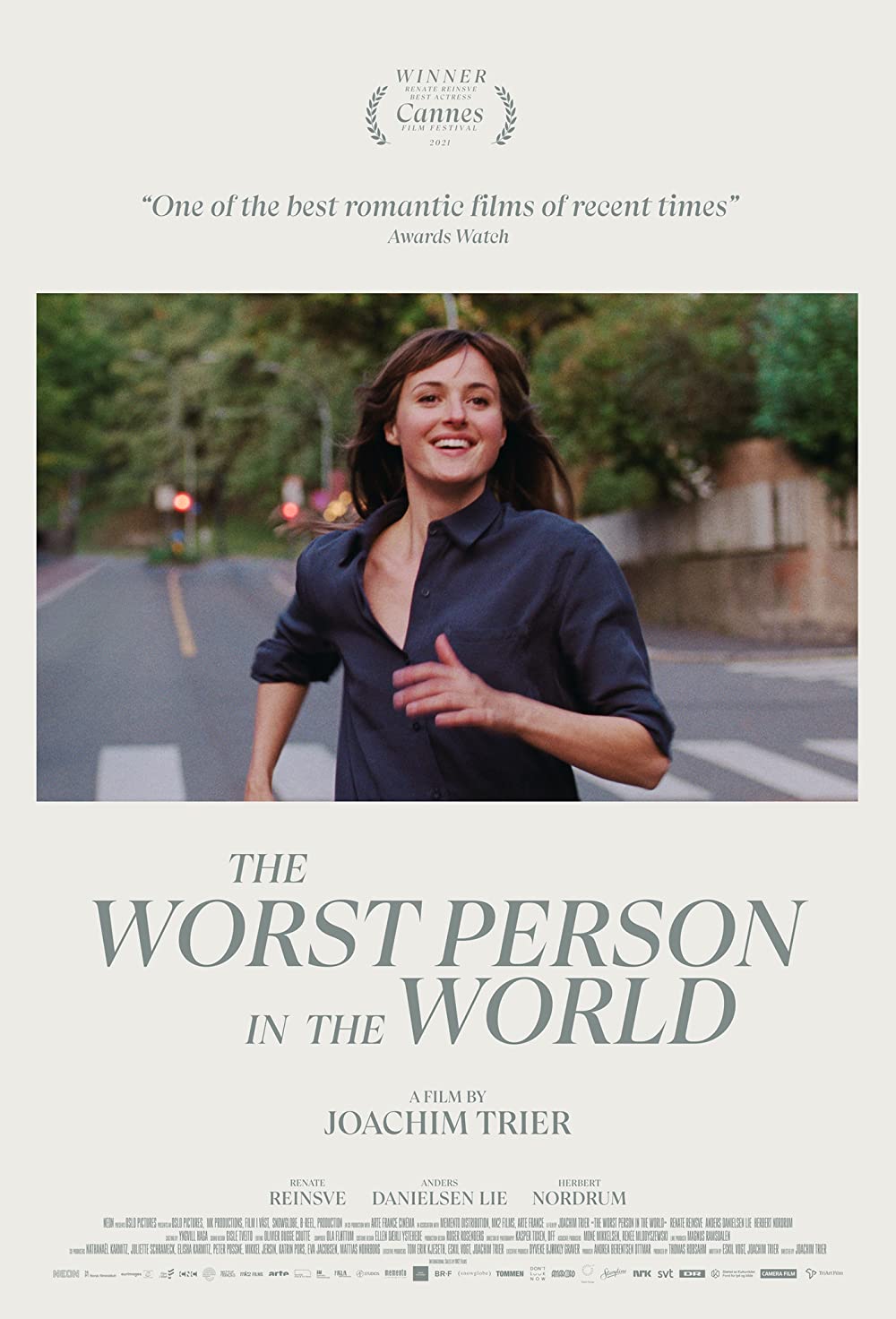
Podcast Review - Adam |
10th Anniversary

Podcast Oscar Review - Terry |
30th Anniversary

Podcast Oscar Review - Terry |
2025 PINOTS

Nominations & Debates |
2024 Pinot Best Picture

PODCAST DEEP DIVE |

Podcast Featured Review |

Podcast Review - Todd |
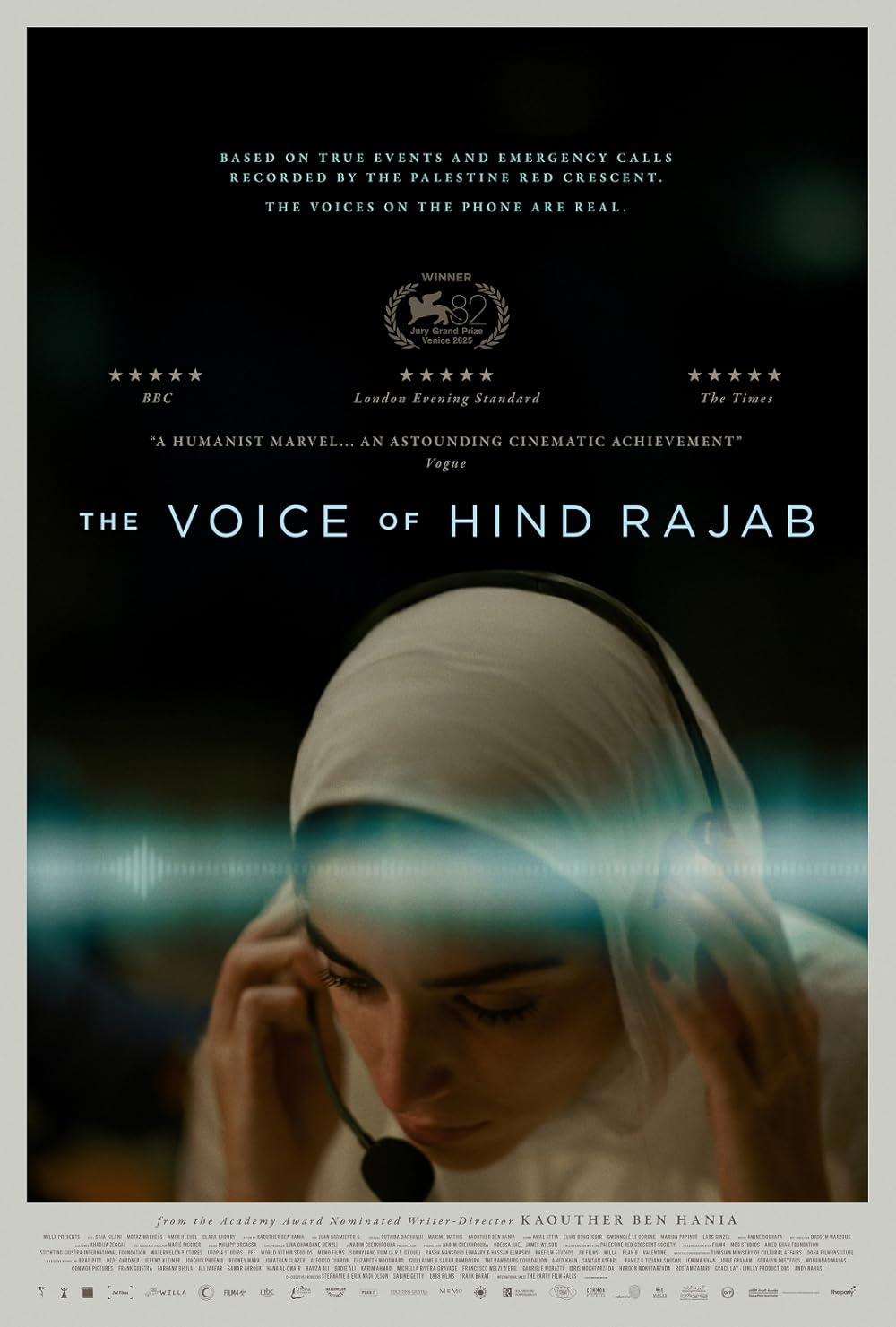
Podcast Review - Zach |
Top 10 Blindspot

Podcast Review - Adam |
10th Anniversary
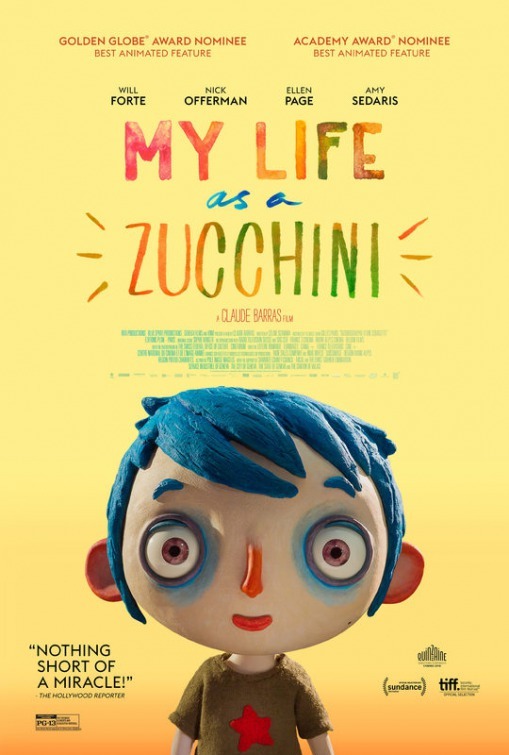
Podcast Oscar Review - Terry |
20th Anniversary

Podcast Oscar Review - Terry |
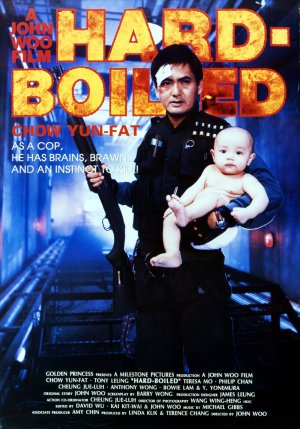
Podcast Review - Zach |
TOP 10 FILMS OF 2025

LIVE ON YOUTUBE!!! |
Reactions to the Nominations

Written Article - Todd |
2026 Oscar Predictions: Final

Written Article - Todd |
Todd Most Anticipated #5

Podcast Featured Review |

Podcast Review - Todd |

Podcast Review - Terry |
|
|
|